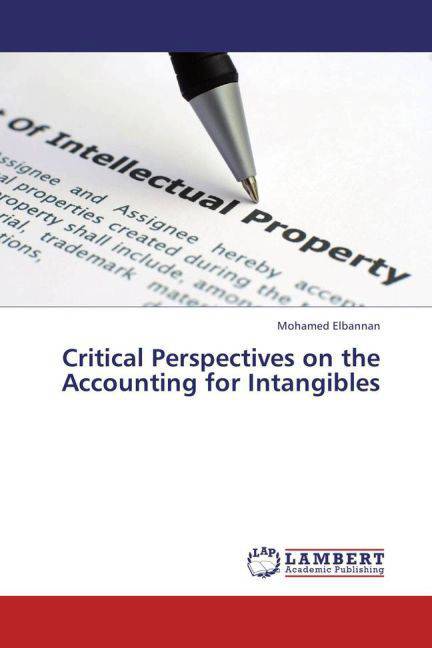
- Afhalen na 1 uur in een winkel met voorraad
- Gratis thuislevering in België vanaf € 30
- Ruim aanbod met 7 miljoen producten
- Afhalen na 1 uur in een winkel met voorraad
- Gratis thuislevering in België vanaf € 30
- Ruim aanbod met 7 miljoen producten
Zoeken
€ 64,45
+ 128 punten
Omschrijving
This book deals with the economic consequences of the current financial reporting requirements for Research and development. The book contains two studies that shed light on the impact of R&D reporting in one developed (USA) and one less developed economy (Egypt). In the first analysis, I find that R&D productivity increases cost of capital and information risk factors directly and indirectly through motivating managerial accounting discretion. High R&D expenditure firms incur 23.4 (216) basis points higher cost of debt (equity) compared to low R&D expenditure firms. Also, R&D firms have relatively higher weight for the discretionary component of accruals quality compared to the innate component in cost of equity capital calculations. In the second analysis, I find that the larger the potential intangible assets of firms the more analysts will cover these firms and pursue private information about these firms.
Specificaties
Betrokkenen
- Auteur(s):
- Uitgeverij:
Inhoud
- Aantal bladzijden:
- 104
- Taal:
- Engels
Eigenschappen
- Productcode (EAN):
- 9783659378409
- Verschijningsdatum:
- 1/05/2013
- Uitvoering:
- Paperback
- Afmetingen:
- 150 mm x 220 mm
- Gewicht:
- 155 g

Alleen bij Standaard Boekhandel
+ 128 punten op je klantenkaart van Standaard Boekhandel
Beoordelingen
We publiceren alleen reviews die voldoen aan de voorwaarden voor reviews. Bekijk onze voorwaarden voor reviews.







